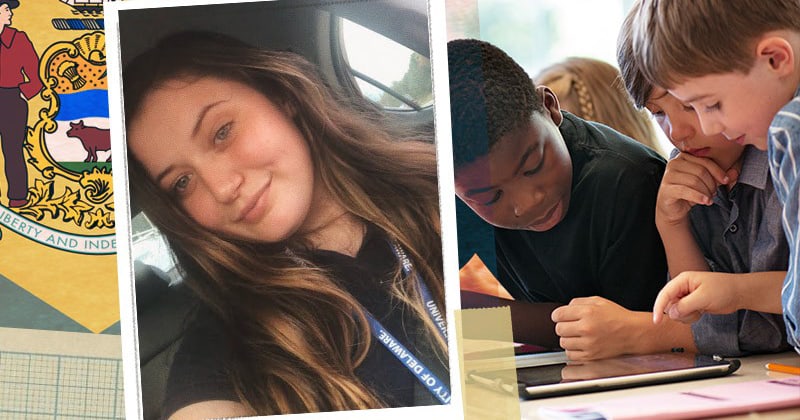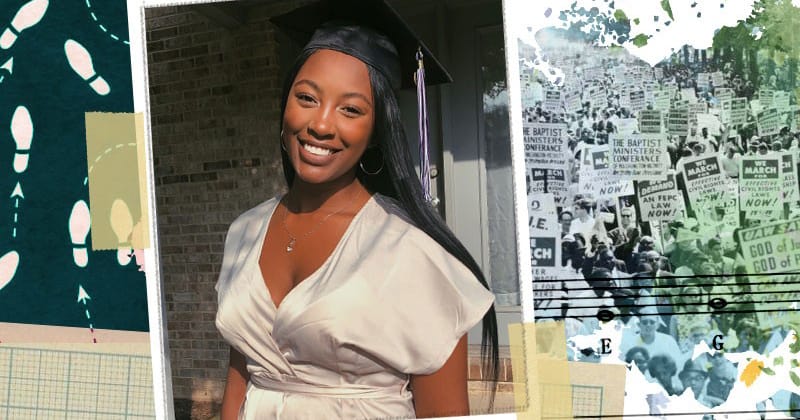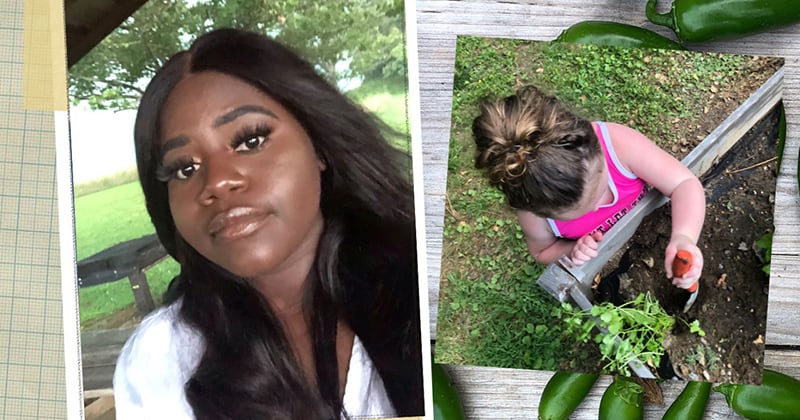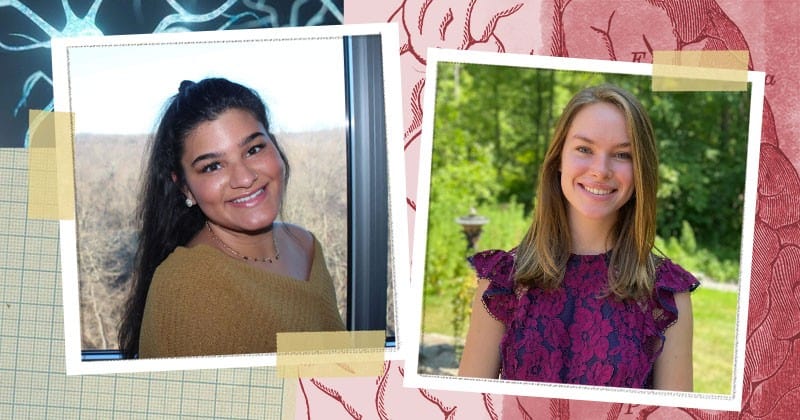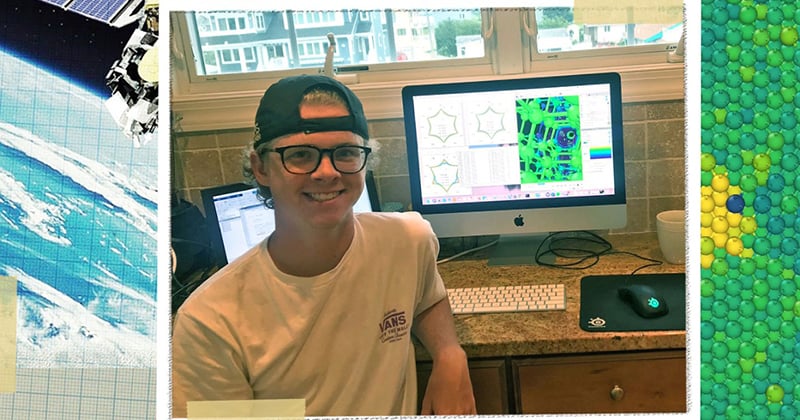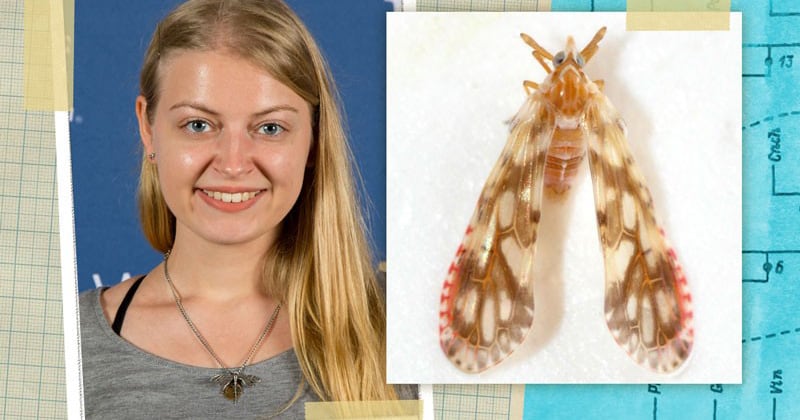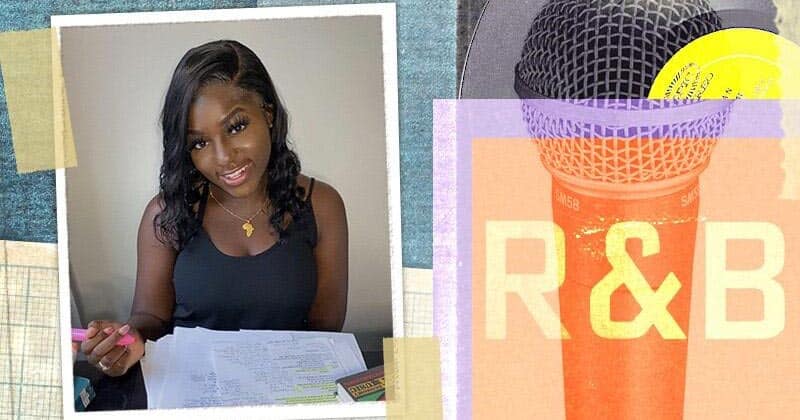COVID-19 Research News
When the pandemic began hitting the UD community back in March, the University of Delaware acted swiftly to ramp down almost all of its research operations to slow the spread of the coronavirus (COVID-19).
The majority of the enterprise remained shuttered until June 4, when the first wave of eligible investigators started to reopen labs and other facilities. A second wave was approved for return a few weeks later and the third took effect Aug. 11.
“While surreal doesn’t begin to describe the past several months, it has been incredibly fulfilling to see UD faculty, staff and students come together to care for one another and focus on what truly matters — the health and wellbeing of our community and the continuity of our academic and research missions,” said Charles G. Riordan, vice president for research, scholarship and innovation. “From efforts to enhance tools to diagnose COVID-19 and 3D-print personal protective equipment for front-line health care workers to chronicling the crisis’ impact on Delaware, UD scholars have continued to excel.”
This is a sampling of UD’s COVID-19 work, impacting Delaware, the nation and the world:
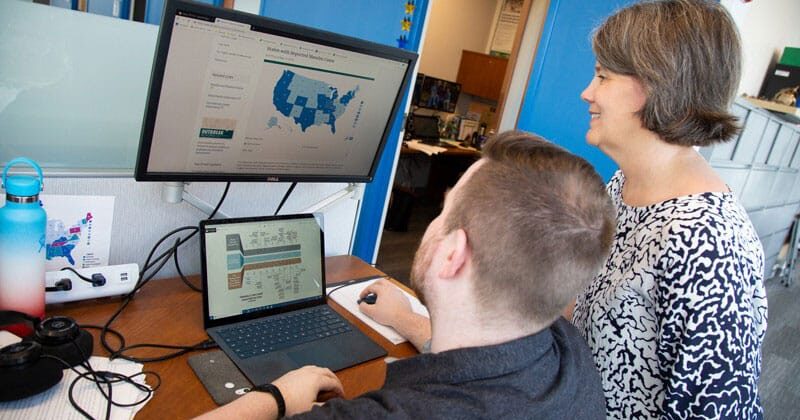
Learning About a Pandemic While it Happens
UD Prof. Jen Horney teaches epidemiology during the coronavirus pandemic
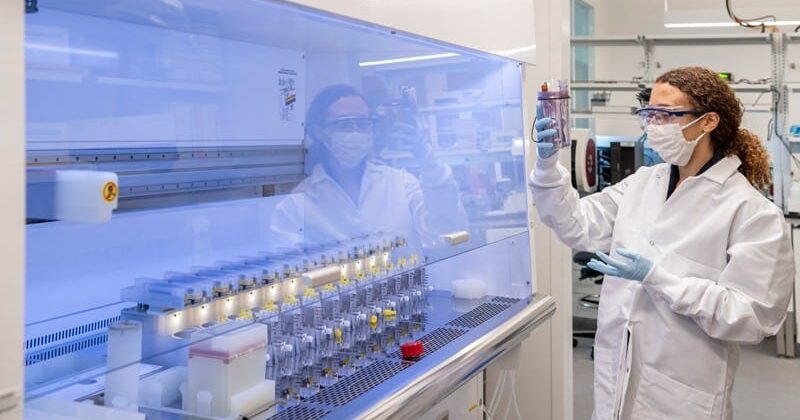
NIIMBL grants will accelerate COVID-19 response
Testing, training, technology in focus for pandemic response
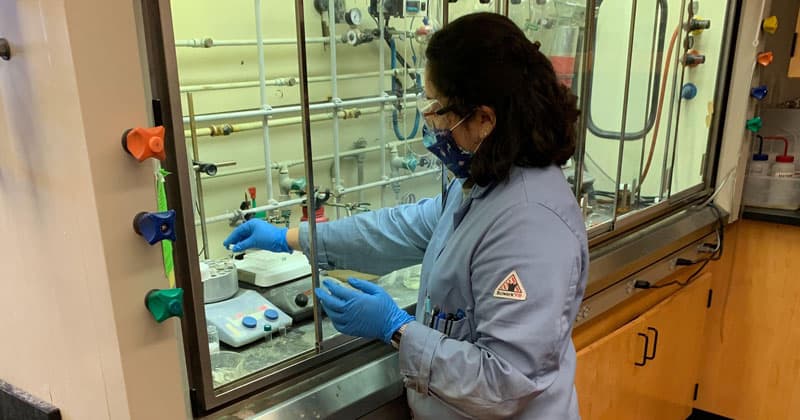
UD Opens Second Phase of Research Operations
Gradual research reactivation underway
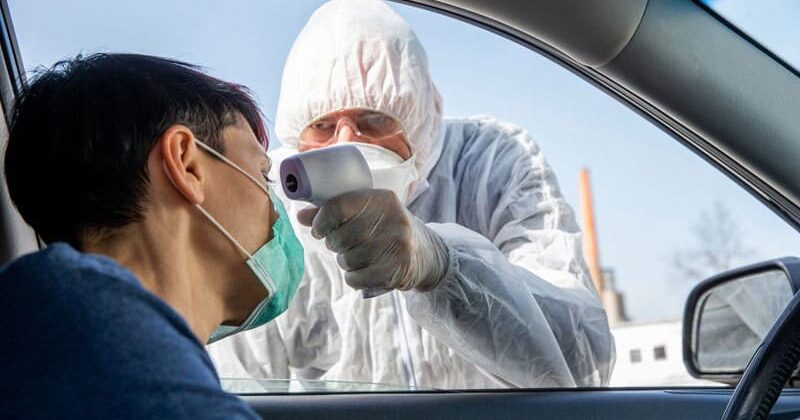
Working During Pandemic Disasters
UD researcher, alum explore whether EMS providers ever hesitate to go to work
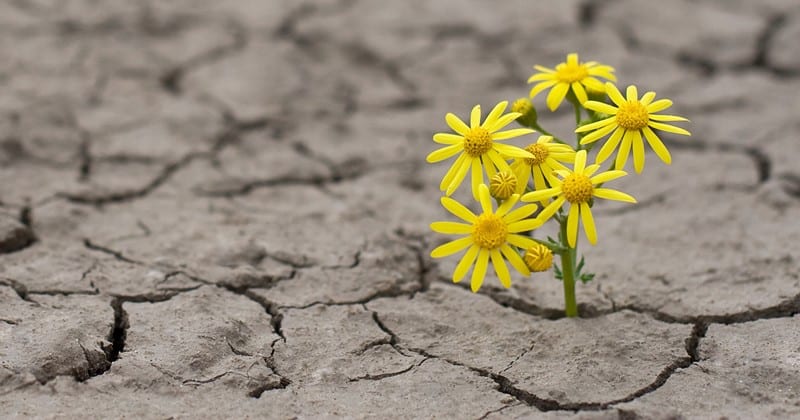
Helping a team survive a crisis
Research explores how to build and maintain teams that will bounce back from adversity
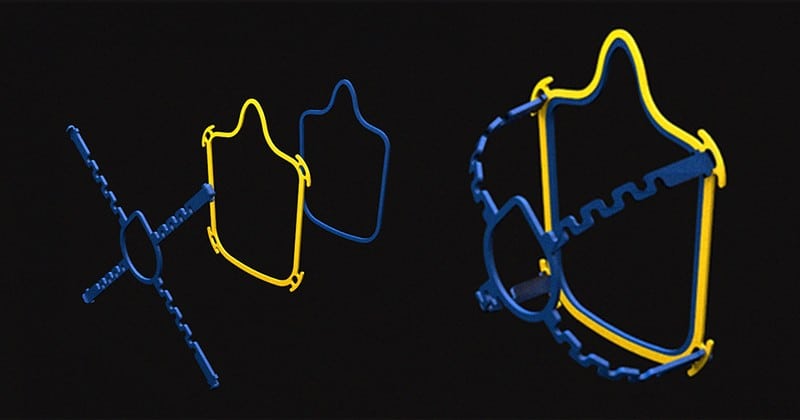
HensNest masks get manufacturing help
UD makers partner with industry to donate 30,000 face masks to at-risk individuals
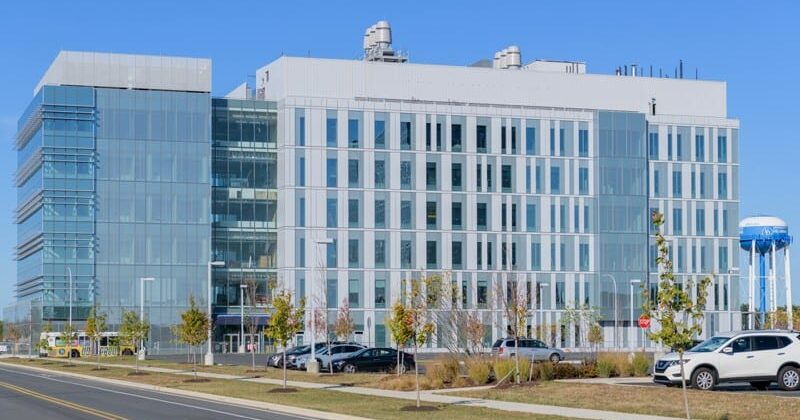
NIIMBL gets $8.9 million for COVID-19 response
UD-based national institute will address testing, diagnostics, supply chain and vaccine manufacturing
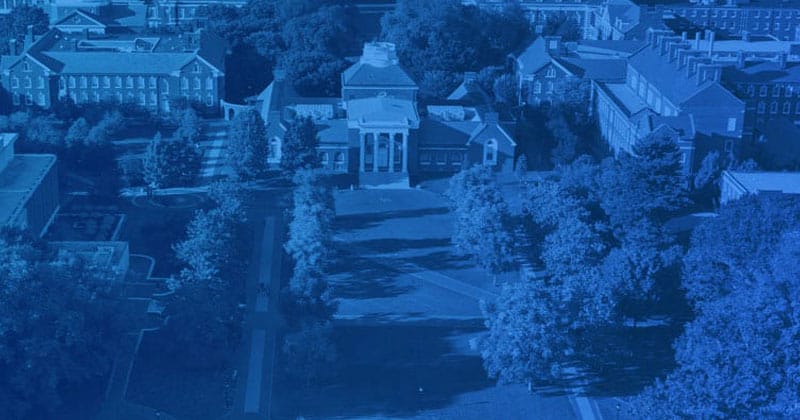
Research Reactivation
Gradual resumption to align with state guidance on COVID-19
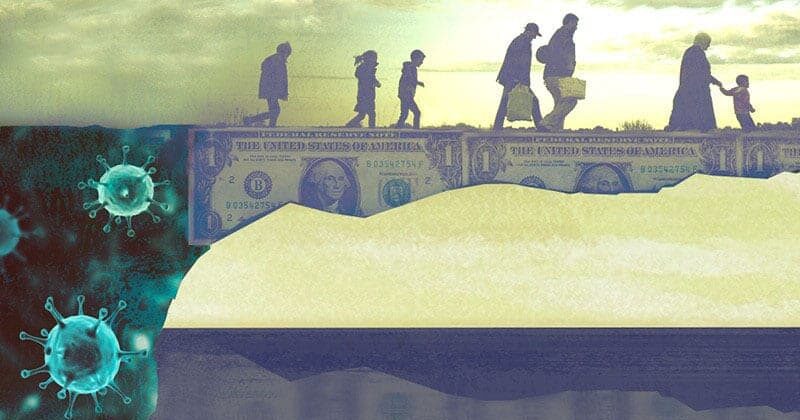
Vulnerable Communities
UD Prof. Sarah DeYoung discusses society’s most at-risk groups during the ongoing pandemic

How Is COVID-19 Impacting Delawareans?
UD’s Disaster Research Center interviewing community to improve future response
COVID-19 Research at UD
UD Advances COVID-19 Research and Response

Speaking up for Science
Editor-in-Chief Thorp meets with DENIN Fellows before delivering Jefferson Lecture
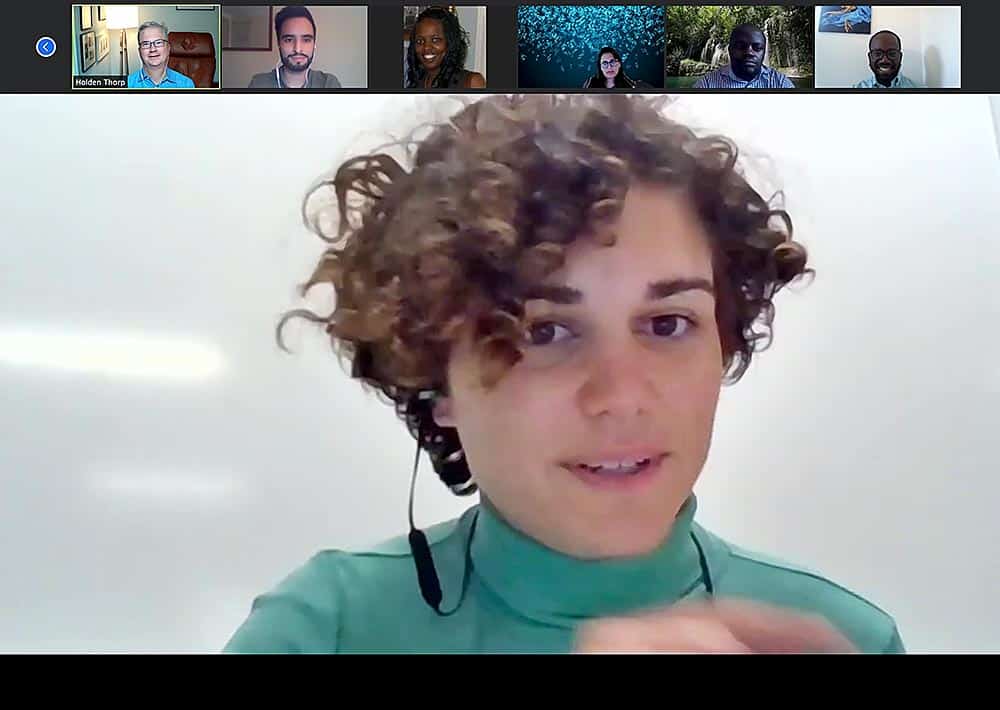 Five Delaware Environmental Institute (DENIN) Fellows met with Holden Thorp, editor-in-chief of the Science family of journals, for an hour of conversation before Thorp delivered the Edward G. Jefferson Life Sciences Lecture on September 16. Joanne Norris (bottom row) asked about the loss of focus on important research such as climate change during the COVID-19 crisis. Also participating were (top row, left to right): Thorp, Jimmy Murillo Gelvez, Yolanda Williams-Bey (DENIN Education Coordinator), Fatemeh Izaditame, Robert Ddamulira and Elvis Ebikade.
Five Delaware Environmental Institute (DENIN) Fellows met with Holden Thorp, editor-in-chief of the Science family of journals, for an hour of conversation before Thorp delivered the Edward G. Jefferson Life Sciences Lecture on September 16. Joanne Norris (bottom row) asked about the loss of focus on important research such as climate change during the COVID-19 crisis. Also participating were (top row, left to right): Thorp, Jimmy Murillo Gelvez, Yolanda Williams-Bey (DENIN Education Coordinator), Fatemeh Izaditame, Robert Ddamulira and Elvis Ebikade.It’s not every day that graduate students have the opportunity to chat with the editor-in-chief of one of the world’s most influential scientific journals — Science.
But five Delaware Environmental Institute (DENIN) Fellows had that experience, meeting with Holden Thorp for an hour before he delivered the Edward G. Jefferson Life Sciences Lecture to a virtual University of Delaware audience on September 16, 2020.
Participating Fellows included Robert Ddamulira, Elvis Ebikade, Jimmy Murillo Gelvez, Fatemah Izaditame and Joanne Norris.
Thorp told them about his career trajectory — from his work as a chemist in academia, his experiences with tech transfer and entrepreneurship, the value of interacting with scientists in other disciplines, as he did while directing an on-campus planetarium, his work in university administrative roles, including as chair of a major department, his work as a provost and chancellor and now, as editor-in-chief of the Science family of journals, with more than 1 million readers.
Norris, a third-year doctoral student in material science and engineering who founded a startup on carbon capture from commercial heating systems, asked about straddling the line between academia and industry.
“I would encourage all of you to keep one foot in the academic world and one in entrepreneurship if you can,” Thorp said. He talked about two companies he founded, one that folded and one that did very well.
Norris also asked about the loss of focus on important research such as climate change during the COVID-19 crisis.
Thorp said intense focus was on the novel coronavirus because there was so much to discover about it and the knowledge was urgently needed. By mid-September when this conversation occurred, about 4,500 papers had been submitted to the Science family of journals, though submissions were starting to slow down, he said.
“The climate crisis is everything we’re seeing in COVID, but at a slower rate,” he said. “Climate denial is no different than COVID denial. It is more carefully crafted, over decades…. And I’m very worried about the resources not being there and about the commentary not being there.”
COVID is more a political and sociological problem now, he said.
“An awful lot of the science has been done,” he said. “It’s worrisome that so much federal support is going into that while we have climate change, inequality, environmental racism, pollution, metabolic disease, cancer — we need to be working on all those things.”
Thorp said Science publishes only about 6% of the papers submitted to it. The process includes a panel of experts from around the world and professional editors, who “read far more papers than any faculty member would ever read,” he said.
Fellows asked about the treatment of graduate students by those who review and evaluate article submissions, about increasing recognition of the value of applied science and about making science more equitable.
Thorp has been a champion for inclusion and diversity throughout his career — and now from a different vantage point.
“All of the inequities in higher education around race, gender, sexual orientation, ability — all of those things are present at our journal,” he said. “In a way, we’re the place where a lot of this stuff gets worked out. We have to deal with all of that and we don’t have the greatest story to tell.”
A recent issue of Science that focused on democracy included hard-hitting work on inequity, he said.
“We’re hopeful that over time that will move into the research articles and that people will see that these are topics we want to cover. We’re serious about wanting everyone to publish in Science about any topic.”
Robert Ddamulira, a third-year doctoral student in the Biden School of Public Policy and Administration, asked about the intersection of public policy and science and how Science sees that.
“If you get a social science paper published in Science or Science Advances, it will get an enormous amount of attention,” Thorp said. “It’s harder to get social science into Science than any other discipline, and when we do it’s a major event. These papers get wide coverage.”
One of the most downloaded papers was about the use of masks and face coverings as protection against COVID-19, he said.
“Unfortunately, the public policy impact of most of our COVID papers about behavior — social distancing and masks — have had very little consequence we can measure,” he said.
He worries, though, that even a high-level journal like Science — with its rigorous expert review — doesn’t reach the masses the way one Facebook misinformation effort might. Sure, he said, more than 2 million people downloaded that article on how wearing a mask protects against transmission of the COVID-19 virus. But many millions more are drawn to anti-mask, anti-science voices on Facebook, where wild conspiracy theories are disseminated, swallowed and infecting an unsuspecting public.
“We’re looking for papers about what we can do about that,” he said.
Submissions anyone?
Jefferson Lecture Series
Holden Thorp calls on scientists to be advocates for fact-based public policy
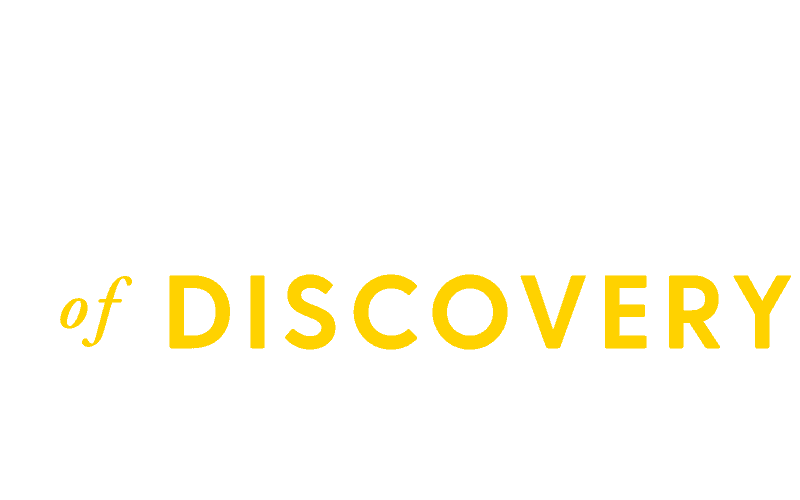
Students find new ways to pursue research questions and serve community
I f ever there was a Summer of Uncertainty, 2020’s would be it. You don’t need a list of reasons. You have your own.
What Emma Leefeldt, a neuroscience major at the University of Delaware, wants to know is this: Why do some people tolerate uncertainty better than others? And can we learn anything from the way our brains work that could help us all handle it better?
So the Summer of Uncertainty was a perfect context for research such as Leefeldt’s. She was among more than 450 undergraduate students who spent this past summer doing research at UD.
Well, not exactly at the University. UD ramped down its expansive research enterprise in mid-March in an effort to help slow the spread of the coronavirus (COVID-19) pandemic. All but the most critical labs and facilities were closed until June, when a slow, restricted, phased-in reopening started.
Because the pandemic continued, almost all of these summer undergraduate researchers had to do their work from home.
Wait — what? Research from home?
Summer research is meant to help undergrads experience the wide range of opportunities available to them at the University, give them a taste of the rigors and rewards of research, help them learn the ropes in a lab, focus on a question and learn how to investigate answers, get out in the field with experts and get their hands on amazing microscopes and world-class resources.
So should the theme song of this past summer be “The Thrill Is Gone?”
Not if you ask Leefeldt. As a young researcher studying emotion and the brain, the stressors of this pandemic demonstrated again that the ability to adapt to unexpected and unwanted change is important for researchers and all other humans.
“This pandemic has underscored the need for flexibility in order to minimize anxiety,” she said. “Originally, the thought of having to transition the project online was daunting, but taking advantage of online resources and continuing Zoom meetings eased the transition and I am thankful for the opportunity to complete the project.”
Iain Crawford, director of UD’s Undergraduate Research Program, was thrilled to see how many faculty members and students were not only able to collaborate on projects, but were eager to do so.
Students analyzed data, interviewed experts and community members, supported a variety of agencies including government offices and non-profit groups and developed materials that can be used remotely for many years to come.
Internships continued, practicums continued, and students were engaged in many community-based endeavors.
“You are going to be pioneers this year,” Sue Serra, associate director of UD’s Community Engagement Initiative, told students who were preparing for summer work. “We’re excited about the energy and excitement you’re bringing…. Some of our community partners said ‘We can’t manage this,’ but we have been able to say ‘let’s figure out how to make this work.’”
Meet a few of these young scholars in the student profiles and videos we’ve assembled here.
Virtual connections, real research
The work these students are doing is real research and real service, with real implications for the future of our world.
—Videos and Graphics by Jeffery Chase

Jack Stone is studying potential climate change impacts on ice in Antarctica.

Alice Amitrano, who is from Italy, wants to make plastics greener using bio-based materials derived from plants.

Cara Lamberty is working to understand the population dynamics of sand tiger sharks to advance conservation efforts for this globally vulnerable species.

Ryan Meredith was inspired to write music about the U.S. National Parks for the University’s Trombone Choir.
Abby Griffith partnered with First State Squash to help middle-schoolers succeed with summer academics ahead of fall.
Alexis Edmonds is using poetry, song and dance to help middle and high school students express themselves.

Josiah Jones is producing media surrounding mental health and African American youth for NAMI Delaware.
Farida Aziz wants kids to know the importance of being healthy, a message she shared at YWCA of Delaware’s New Beginnings Garden program.
Alejandra Salazar-Soto (left) wants to deter early memory loss in older adults. Kerry Keough is gaining new insights on older adults, aiding her first-responder work with UD’s Emergency Care Unit.
Kyle Morris is exploring how defects in the structure of silicon carbide — even just one missing atom — affect the material.
Paige Cummins is documenting a little-known plant-eating insect to provide a universal baseline that others in the field can use in their work.
Angela Akumiah is looking at the relationship between middle-class Black women and Black popular music, with a primary focus on R&B music.

Victor Ramirez Delgado is studying the radial velocity variations of the red giant star Gamma Draconis — 154.3 light years from Earth — in order to develop a mathematical model that describes it.
MORE STORIES
No Results Found
The page you requested could not be found. Try refining your search, or use the navigation above to locate the post.



